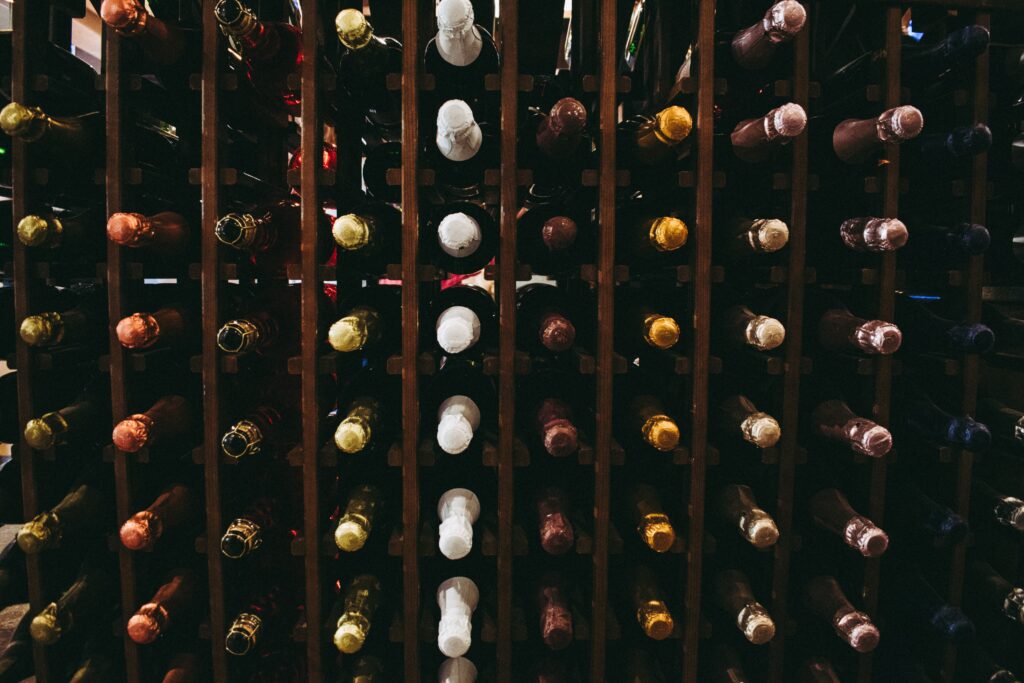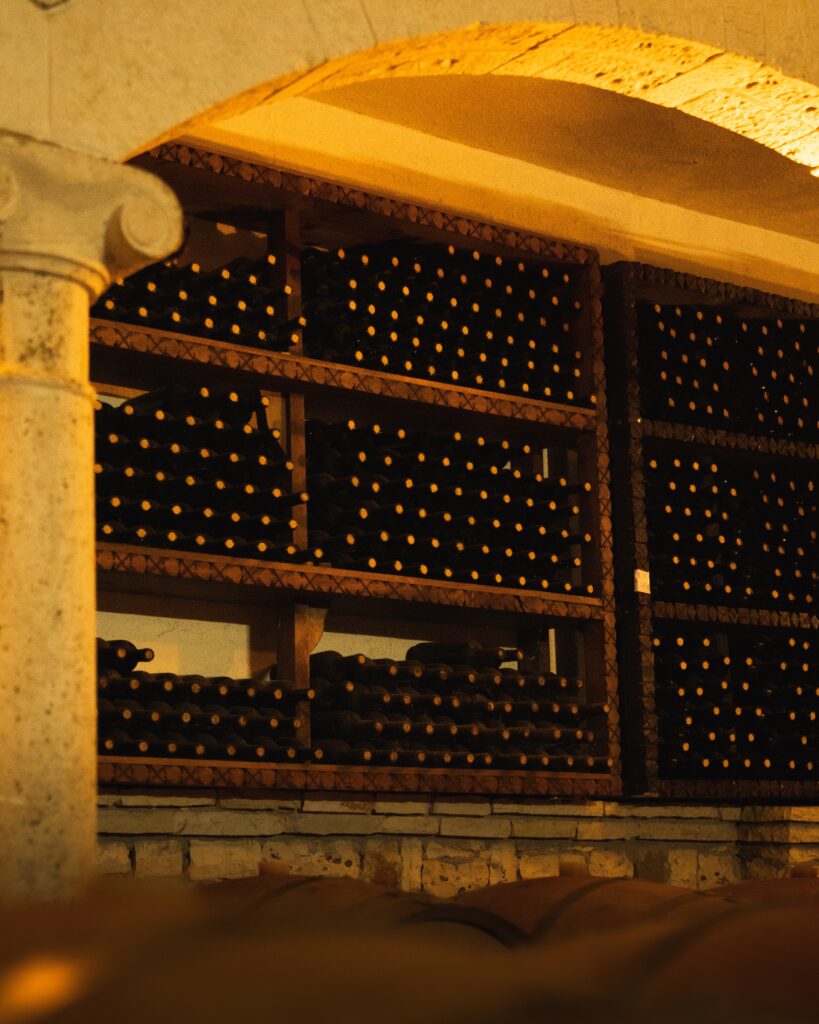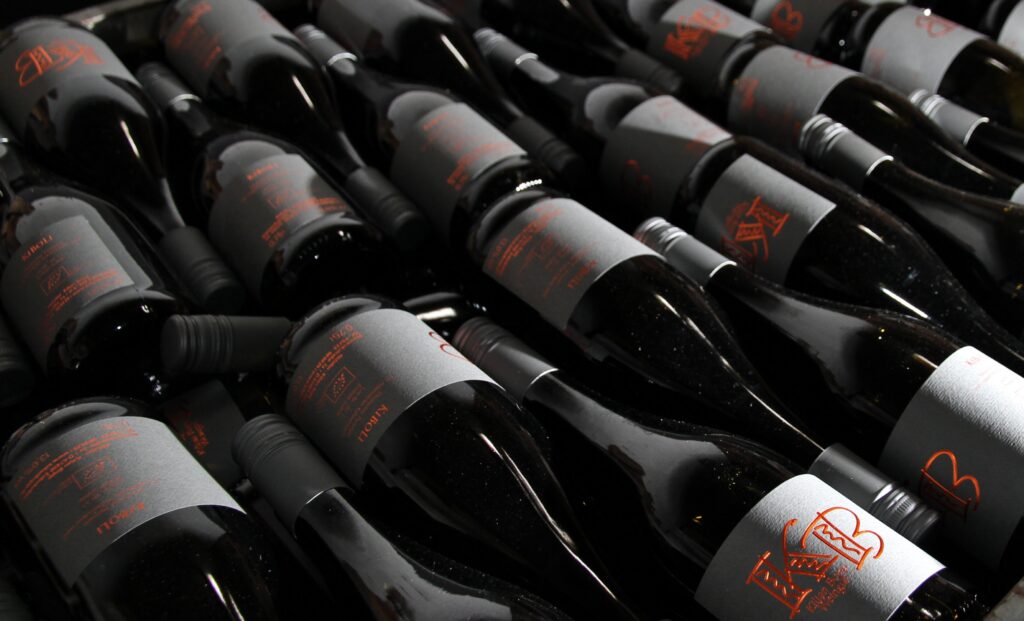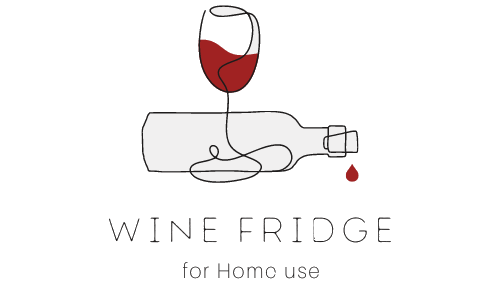If you’re a wine enthusiast, chances are you’ve wondered whether it’s possible to store opened bottles in a wine fridge. Well, guess what? You’re in luck! In this article, we’ll explore the answer to this burning question and provide you with some handy tips and tricks to ensure your opened bottles stay fresh and delicious for as long as possible. So, grab a glass of your favorite vino and let’s get started!

Understanding Wine Preservation
The importance of preserving open wine bottles
When it comes to wine, proper preservation is essential to maintain its quality and flavor. Opened bottles, in particular, need special attention to prevent oxidation and deterioration. Storing opened wine bottles in a suitable environment not only helps to preserve their taste but also ensures that you can enjoy them for a longer period of time.
Factors affecting wine quality
Several factors can affect the quality of wine, including exposure to air, fluctuations in temperature, and vibrations. These factors can accelerate the oxidation process, leading to a loss of flavor and aroma. To minimize these risks, it is crucial to understand the concept of wine fridges and how they can help in preserving opened bottles.
The Concept of Wine Fridges
What is a wine fridge?
A wine fridge, also known as a wine cooler or wine cellar, is a specialized appliance designed to store and preserve wine at optimal conditions. Unlike regular refrigerators, wine fridges provide specific temperature and humidity settings that are suitable for preserving both opened and unopened bottles of wine.
Different types of wine fridges
There are various types of wine fridges available, ranging from small countertop models to larger freestanding units. Some wine fridges are designed to hold only a few bottles, while others can accommodate a significant collection. It’s important to choose the right type and size of wine fridge based on your storage needs and available space.

Storing Opened Wine Bottles in a Wine Fridge
Can opened bottles be stored in a wine fridge?
Yes, you can store opened wine bottles in a wine fridge. In fact, storing opened bottles in a wine fridge is one of the best ways to maintain their quality and flavor for an extended period of time. The controlled temperature and humidity levels in a wine fridge help to slow down the oxidation process and preserve the wine’s delicate characteristics.
Why you should store opened bottles in a wine fridge
Storing opened bottles in a wine fridge offers several advantages over other storage methods. The controlled environment helps to maintain the quality and taste of the wine, allowing you to enjoy it even days or weeks after opening. By reducing exposure to air and minimizing temperature fluctuations, a wine fridge ensures that the wine retains its original flavors and aromas.
Best Practices for Storing Opened Wine Bottles in a Wine Fridge
Proper positioning of the bottle
When Storing opened wine bottles in a wine fridge, it is important to position them correctly. Place the bottles in an upright position to minimize the surface area exposed to air. This helps to slow down the oxidation process and prevents the wine from acquiring any unwanted flavors. It is also advisable to re-cork the bottle tightly to further minimize air contact.
Importance of temperature settings
Temperature plays a crucial role in preserving the quality of wine. Set the temperature of your wine fridge to the recommended range for the type of wine you are storing. Red wines are generally best kept between 55°F to 65°F (12°C to 18°C), while white wines and sparkling wines are better stored at slightly cooler temperatures, around 45°F to 50°F (7°C to 10°C). By maintaining the ideal temperature, you can prevent flavor changes and ensure the longevity of your opened wine bottles.
Avoidance of vibrations
Vibrations can agitate the sediments in wine, which can negatively impact its flavor and texture. To avoid this, choose a wine fridge that has low vibration levels or place it in a location where it is less likely to be disturbed. Minimizing vibrations ensures that your opened wine bottles age gracefully and maintain their intended flavor profiles.

Potential Risks of Storing Opened Bottles in a Wine Fridge
Oxidation risks
While storing opened wine bottles in a wine fridge is generally beneficial, there is still a slight risk of oxidation. Over time, even in a controlled environment, wine can still come into contact with air, leading to a gradual loss of flavor and aroma. It is important to consume the wine within a reasonable timeframe to avoid the risk of oxidation.
Deterioration due to temperature fluctuations
Although wine fridges provide temperature control, it’s important to ensure that the temperature remains consistent. Fluctuations in temperature can accelerate the aging process and impact the overall quality of the wine. It is recommended to monitor the temperature regularly and adjust the settings accordingly to maintain a stable environment for your opened wine bottles.
Risk of affecting other wines
When storing opened wine bottles alongside unopened ones, there is a risk of cross-contamination. Strong-smelling or intensely flavored wines can potentially affect the taste of other wines in the fridge. To mitigate this risk, it is advisable to store opened bottles separately or use wine stoppers and seal the bottles tightly.
Alternatives to Wine Fridges for Opened Bottles
Using wine stoppers
If you don’t have a wine fridge or prefer not to invest in one, using wine stoppers can be an effective alternative for preserving opened wine bottles. Wine stoppers create an airtight seal, reducing the wine’s exposure to air and slowing down the oxidation process. However, it’s important to note that wine stoppers may not be as effective as a wine fridge in maintaining consistent temperature and humidity levels.
Using vacuum wine preservers
Another option for preserving opened wine bottles is to use vacuum wine preservers. These devices work by removing the excess air from the bottle, creating a vacuum seal. By reducing the oxygen contact within the bottle, vacuum wine preservers help to slow down the oxidation process and extend the lifespan of the wine. However, they may not be as effective in preserving the delicate characteristics as a wine fridge.
Refrigeration
If you only plan to store opened wine bottles for a short period of time, refrigeration can be a suitable option. Regular refrigerators can help to slow down the oxidation process and keep the wine relatively fresh for a few days. However, it’s important to note that refrigerators are not specifically designed for wine storage and may not provide the ideal temperature and humidity levels required for long-term preservation.
Choosing the Right Wine Fridge for Open Bottles
Determining the right size
When selecting a wine fridge for opened bottles, consider the amount of wine you typically open and store at any given time. If you frequently open multiple bottles, opt for a larger capacity wine fridge. On the other hand, if you only open one or two bottles at a time, a smaller capacity wine fridge might be more suitable.
Considering temperature zones
Certain wine fridges offer multiple temperature zones, allowing you to store different types of wine at their respective optimal temperatures simultaneously. This is particularly beneficial if you enjoy a variety of wines and want to maintain their distinct flavors. Consider whether you need this feature when choosing a wine fridge for your opened bottles.
Checking for UV protection
UV radiation can negatively affect the quality and aging process of wine. When choosing a wine fridge, look for models that offer UV protection, such as tinted glass or UV-blocking coatings. This additional feature helps to limit UV exposure and ensures that your opened wine bottles are stored in the best possible conditions.
Investing in a Wine Fridge: Worth it?
Considering the cost of a wine fridge
The cost of a wine fridge can vary depending on its size, features, and brand. While wine fridges may require an upfront investment, they offer long-term benefits in terms of wine preservation and enjoyment. Think about how frequently you open and store wine bottles, and if it aligns with your wine-wrinking habits and preferences, investing in a wine fridge may be a worthwhile expense.
Weighing the benefits
A wine fridge provides a dedicated and controlled environment for storing opened wine bottles. It minimizes the risk of oxidation, preserves the wine’s flavors and aromas, and allows you to enjoy your favorite wines at your own pace. With a wine fridge, you can have the flexibility to indulge in a variety of wines without worrying about their quality deteriorating.
Long-term wine quality preservation
One of the main advantages of a wine fridge for opened bottles is its ability to extend the lifespan of the wine. By creating an optimal storage environment, a wine fridge helps to slow down the aging process, maintaining the quality of the wine for an extended period. This means you can savor your favorite bottles over time, ensuring that each glass is as enjoyable as the first.
In conclusion, storing opened wine bottles in a wine fridge is a reliable and effective method for preserving their quality. From proper bottle positioning to choosing the right temperature settings, there are several best practices to follow to ensure optimal preservation. While there are alternatives such as wine stoppers and vacuum wine preservers, a wine fridge offers comprehensive benefits for long-term wine storage. By investing in a wine fridge, you can enjoy your opened bottles at their best, knowing that their quality and flavors are well-preserved.
